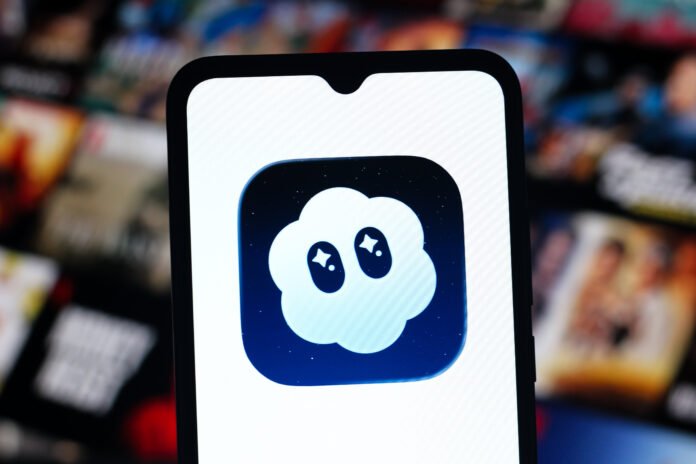OpenAI launched its AI-powered short video app, Sora, in the United States, allowing users to create clips of popular brands and characters. Since its release, users have flooded the platform with content featuring animated characters, celebrities, and logos. Experts warn that Sora’s copyright concerns may spark multiple lawsuits against the company. This development highlights the growing intersection of artificial intelligence and intellectual property law.
Sora lets users generate short videos by typing prompts into the app, which currently operates on iOS and requires an invitation code. The app quickly climbed Apple’s App Store charts after launch. Users have created videos with characters from “SpongeBob SquarePants,” “Rick and Morty,” “South Park,” and movies like “Despicable Me.” One video even shows OpenAI CEO Sam Altman with Pokémon characters, joking about potential Nintendo lawsuits.
Legal scholars say Sora’s copyright issues are likely because many videos involve protected characters and brands. Stanford Law Professor Mark Lemley noted that unauthorized depictions of copyrighted characters could trigger lawsuits. Furthermore, the app could face similar disputes as other AI content creators, like Midjourney and Character.AI, which have received legal challenges from Disney and Universal.
OpenAI emphasized that it respects takedown requests and allows rights holders to block content. Users can also report videos for copyright or trademark infringement. The company offers granular control, letting creators manage content character by character. Altman confirmed that similar tools are coming to give rights holders more control over their copyrighted material.
The Sora copyright concerns underline a broader challenge in AI content creation. Companies must balance user creativity with legal obligations to copyright owners. Experts warn that failure to manage these issues could expose OpenAI to significant legal risk. Meanwhile, users enjoy the freedom to explore imaginative storytelling and generate videos featuring their favorite characters.
Sora also includes safety features to control likeness usage. Users can create personal “cameos” and limit access to their videos. This prevents unauthorized use of someone’s image without consent. OpenAI aims to apply these standards uniformly while letting rights holders decide how to proceed.
Overall, the Sora copyright situation highlights the tension between innovation and intellectual property protection. The app opens new creative possibilities while prompting discussions about AI, law, and content ownership. As Sora gains popularity, both users and rights holders will navigate this complex landscape together.
For more business updates, visit DC Brief.


